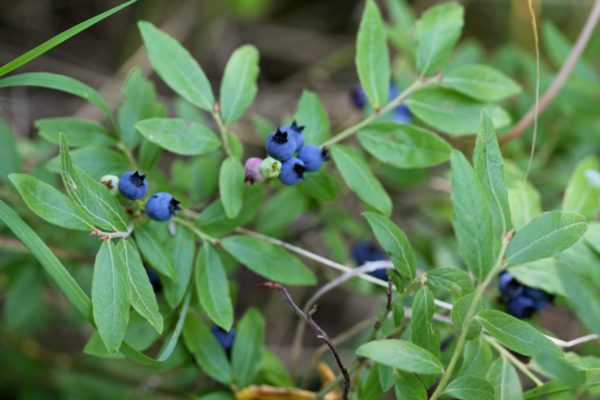Hepatitis C is a contagious liver disease that stems from infection with the hepatitis C virus (HCV). Although the infection can be mild and not even produce noticeable symptoms, once established in the body chronic hepatitis C infection can progress to fibrosis (when the liver is scarred), cirrhosis, liver failure and even liver cancer.
According to the U.S. Centers for Disease Control (CDC), the virus becomes persistent and chronically infects the liver in about 85 percent of those who contract HCV. Persistent infection is treated by Western medicine with medications such as peginterferon and ribavirin. And while it’s true these drugs can wipe out the infection, they are only effective about half the time and they can produce very severe, debilitating side effects. So people who aren’t cured by the drugs and who go on to develop cirrhosis or liver cancer may face death from the infection or require a liver transplant.
But now there’s another avenue of hope for the 270 to 300 million people who are infected with hepatitis C worldwide. Research just published in the American Society of Biochemistry and Molecular Biology’s Journal of Biochemistry (JVC) concludes a chemical found in blueberry leaves actually blocks the replication of the hepatitis C virus, shutting it down. This finding could open up a new and natural avenue for treating chronic HCV infections, according to scientist Hiroaki Kataoka and colleagues at the University of Miyazaki in Japan.
Because HCV is localized in the liver and can take two decades or more to develop into significant disease, Kataoka and colleagues reasoned a dietary supplement might help slow or stop disease progression over the years. They decided to screen around 300 different agricultural products for potential compounds that might be effective at suppressing HCV replication. The results? They uncovered a strong candidate for a natural HCV fighter — the leaves of the rabbit-eye blueberry, a plant native to the southeastern United States.
Read more: Natural News


